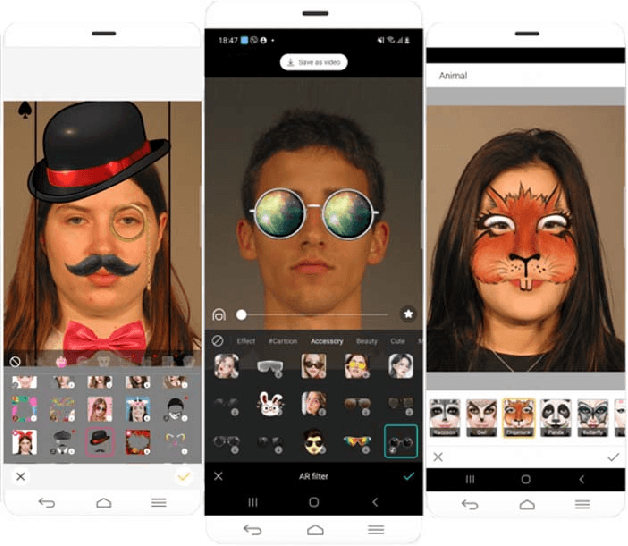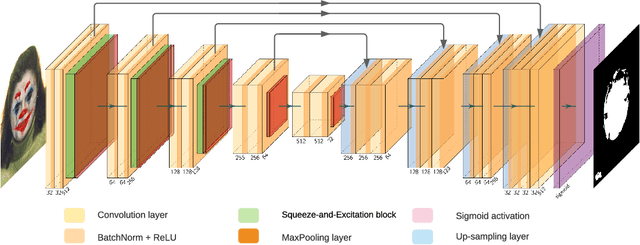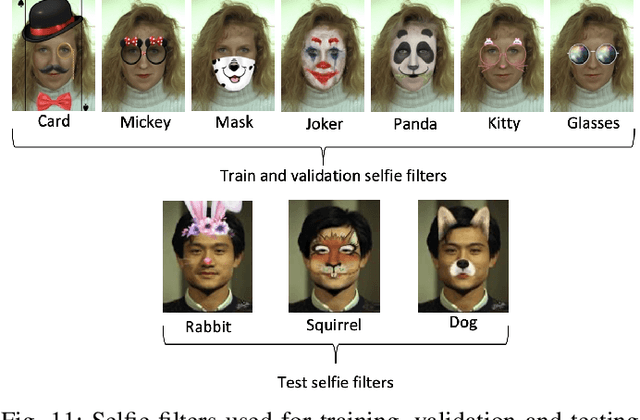Fun Selfie Filters in Face Recognition: Impact Assessment and Removal
Paper and Code
Feb 12, 2022



This work investigates the impact of fun selfie filters, which are frequently used to modify selfies, on face recognition systems. Based on a qualitative assessment and classification of freely available mobile applications, ten relevant fun selfie filters are selected to create a database. To this end, the selected filters are automatically applied to face images of public face image databases. Different state-of-the-art methods are used to evaluate the influence of fun selfie filters on the performance of face detection using dlib, RetinaFace, and a COTS method, sample quality estimated by FaceQNet and MagFace, and recognition accuracy employing ArcFace and a COTS algorithm. The obtained results indicate that selfie filters negatively affect face recognition modules, especially if fun selfie filters cover a large region of the face, where the mouth, nose, and eyes are covered. To mitigate such unwanted effects, a GAN-based selfie filter removal algorithm is proposed which consists of a segmentation module, a perceptual network, and a generation module. In a cross-database experiment the application of the presented selfie filter removal technique has shown to significantly improve the biometric performance of the underlying face recognition systems.
 Add to Chrome
Add to Chrome Add to Firefox
Add to Firefox Add to Edge
Add to Edge